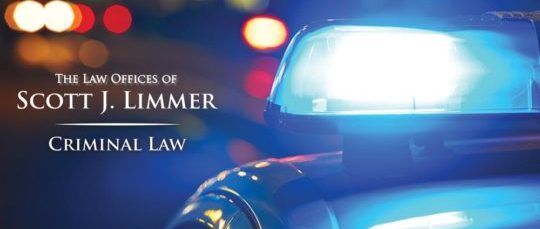The Virginia Supreme Court on April 26 decided to let a lawsuit go forward challenging how long a county police department retains data gathered by automatic license plate reader (ALPR) machines. In doing so, the top state court reversed a lower court ruling which dismissed the case on the grounds that a license plate doesn’t contain any personal data, so the readers aren’t covered by a state privacy law.
While ALPRs can be programmed to search traffic for a particular license plate (referred to as “active use”), they are more commonly mounted on the back of a police vehicle to monitor areas of interest. In an hour, one machine can scan and record thousands of license plates, along with video evidence on the driver, vehicle and location, called “passive use.”
The case began in 2014, when Harrison Neal, a Fairfax County resident, filed a Freedom of Information request for all information the county police department had gathered on him through its ALPRs.
The county police told Neal they had two records of his license plate in its system; Neal then protested, claiming passive use of ALPRs violated a state privacy law, which forbade secret surveillance systems on residents unless a specific investigation was underway. When the county police said they would continue passive use of ALPRs, Neal sued to enjoin the practice, with the help of the American Civil Liberties Union.
The Fairfax County police department kept those “passive” records for a year. Unlike more than a dozen other states, Virginia had no specific law on use of ALPRs or specifying how long such records could be kept. The state’s former Attorney General, Ken Cuccinelli (R), had advised the Virginia state police not to keep those records, unless it was part of a specific, active investigation.
The Virginia state police in fact purge ALPR “passive use” records daily, but many local law enforcement agencies do not. In 2015, the state legislature sent Gov. Terry McAuliffe (D) a bill that would have limited storage of ALPR records to seven days, but the governor vetoed it.
Defending against the lawsuit, the county maintained that license plates were not part of the state privacy law’s definition of “personal information”; it also argued that local law enforcement agencies qualified for an exemption from the privacy law. A circuit judge sided with the county, and in 2016 dismissed Neal’s lawsuit.
In reversing that decision, the state Supreme Court found that even though license plate data was not mentioned in the state privacy law, the ease with which authorities could ascertain the licensed driver’s personal information from video records made by the ALPRs amounted to capture of personal information. The top state court also rejected the broad exemption claim made by the county, saying that the privacy law was not intended to give law enforcers unlimited power to capture private information. (The ruling did not affect “active use” investigations of specific crimes, only “passive use” capture unrelated to a specific investigation.)
The high court sent the case back to the lower court to decide one remaining issue: whether the county’s retention of ALPR “passive use” records in its police database amounted to an “information system,” as the term was used in the state privacy act.
